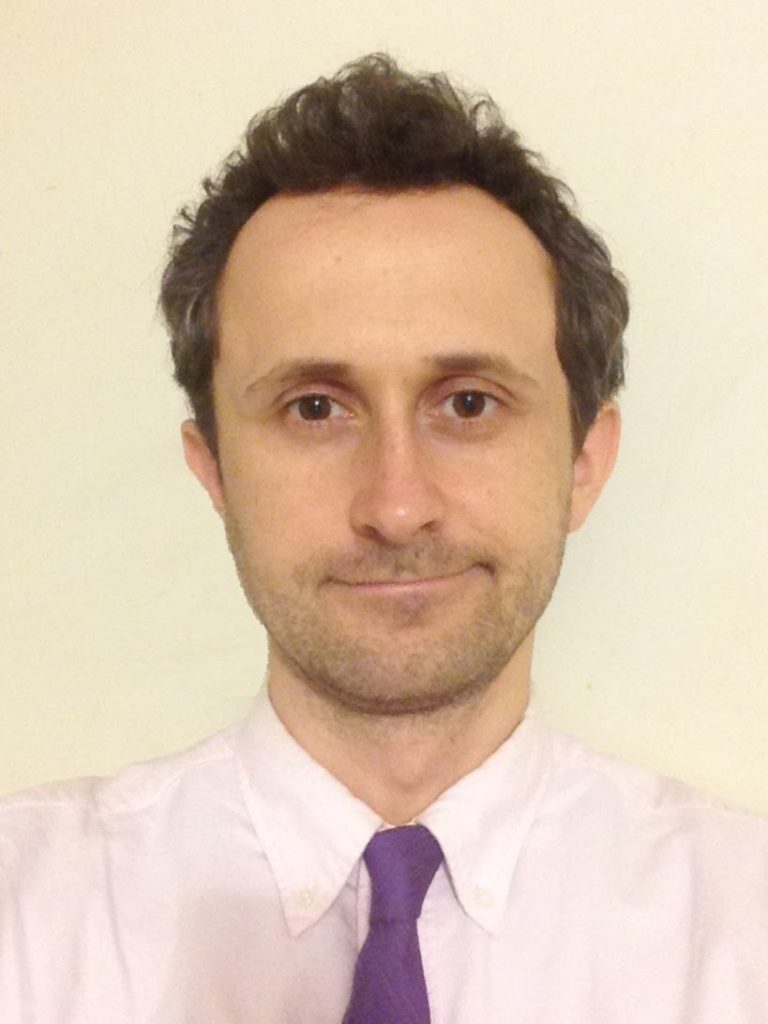
Once again, another annual changeover day on the first Wednesday of August is upon us—the day every year where medical students across the UK take the wheel for the first time in their new roles as junior doctors and countless other juniors switch hospitals and have to relearn the locations of the best lavatories.
For the well seasoned among us, the day lends itself to nostalgia. I still remember the immense pride and satisfaction I felt at the end of my first day after the hospital had not exploded on account of me clicking the wrong option while filling out an electronic discharge summary. After that, everything seemed possible.
Now, having spent the past two years as as a clinical fellow in infectious diseases in Boston, USA, I have realised that there are universal truths when it comes to changeover days. Changeover in the US may occur annually on July 1 (or 1 July as it is more properly known in the UK), but while the lyrics are different, the tune is exactly the same.
Everyone is nervous. Everyone keeps their new usernames on scraps of folded paper stuffed in their pockets. And everyone makes the same rookie mistakes time and time again.
So, in order for the NHS to retain its #1 Commonwealth Fund ranking—which seems to be the healthcare equivalent of FIFA rankings these days—I have graciously listed five pieces of advice to help you in your first week of junior doctorhood:
Proper phone etiquette
If you have never come across the acronym SBAR, please, please remember it for the rest of your medical life. It stands for subject, background, assessment, and response. It provides a simple and easy way to frame communicating about patients who are unwell. Look it up, seriously.
But to me, the most important aspect is the first: when you phone anyone for advice, your first sentence should include who you are and why you are calling. i.e., “Hello, this is Charlotte, the FY1 on the geriatric ward calling about an Ethyl Jones, who appears confused. Would you like her medical record number before I go on any further?”
I cannot tell you how many times I have responded to bleeps (pages in the US) with someone launching into a discussion without their realising I have no idea who they are. “Hi, this is John and I’m calling about someone with pneumonia.” While John could be an emeritus professor in respiratory medicine and his patient could be The Man With No Name, I find this is often not the case.
An important reason I and others want to know is so that we can help you. If you say you are an FY1, that is fine. Ultimately, the level of advice I and others give and the explanation behind that advice is tailored to whoever is calling.
Be nice to the nurses. They will save you again and again
I cannot express how much medicine is a team based endeavour. The fact of the matter is that at this point of your medical career, you are a Ringo. But with the trust and support of nursing staff, physical therapists, occupational therapists, and healthcare assistants, you can form The Beatles.
Admit when you are overwhelmed
Part of being a good doctor is asking for help. Never ever lie and admit what you do and do not know. The number one characteristic of the best doctors is their integrity.
Follow the Medical Registrar on Facebook
One of the aspects I miss the most about the NHS is that in addition to world class professionalism and dedication, it also has a sense of humour about itself. Case in point, The Medical Registrar on the three certainties in life: 1. Death. 2. Taxes. 3. Elevated d-dimers.
And if you do not find this funny now, a few months of training will change you.
Finally, talk to everyone you can
The start of being a junior doctor is filled with amazement, wonder, fear, cold sweats, and hospital biscuits. Talk to everyone you can about your successes and failures, your fears, hopes, and what you are going to have for lunch. Keep a journal or call you mum.
As long as you don’t reveal confidential health information and maintain professionalism, you have a right and possibly a duty to express your daily amazement at the life, death, miracles, tragedies, and everything else in between of the NHS. Consider it talk therapy. It works.
OK, the real last one
And don’t neglect to go to the lavatory all day. Seriously, otherwise you will get a UTI.
Martin Kaminski is completing a clinical fellowship in infectious diseases at Tufts Medical Center in Boston, USA. In August, he will take up a training post as a resident physician at Cambridge Health Alliance, Cambridge, Massachusetts. Twitter @martinkaminski
Competing interests: None declared.
